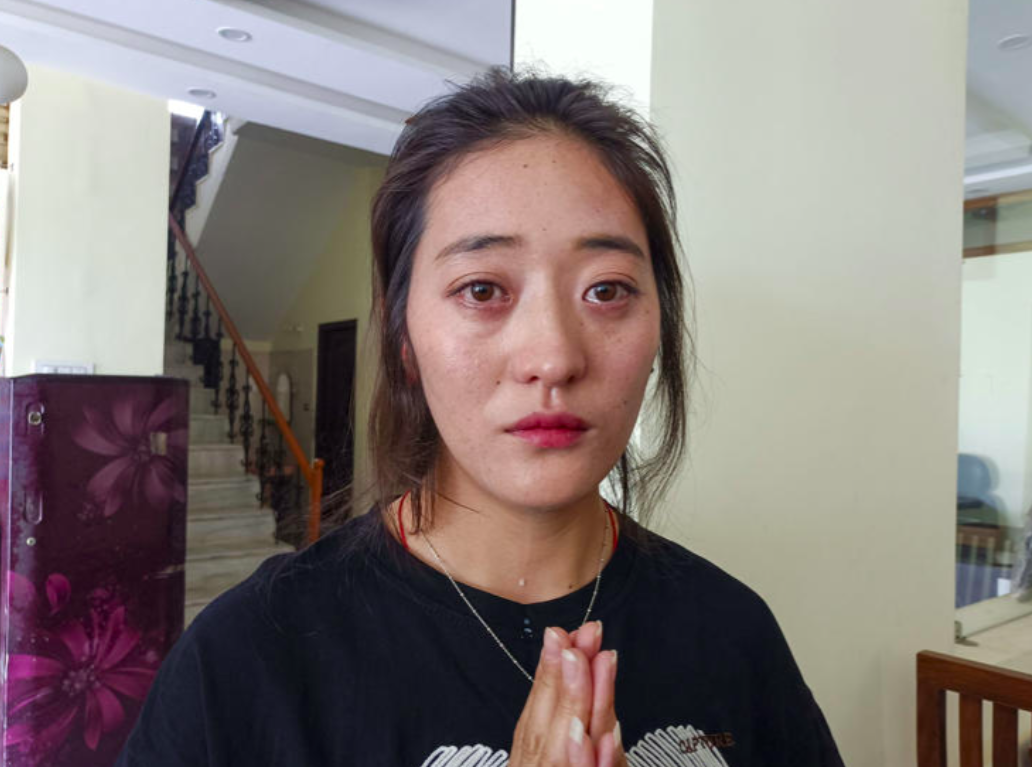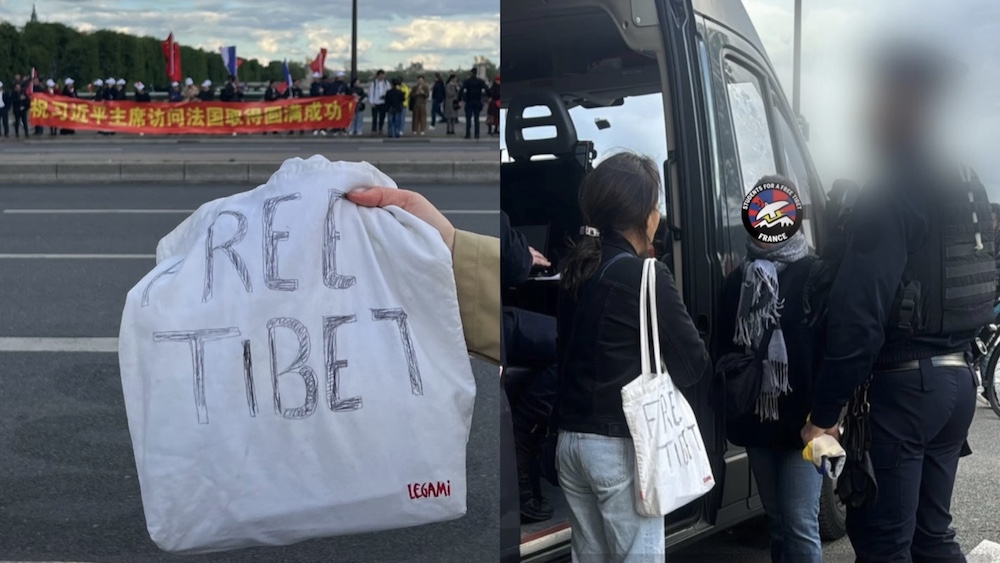By Tenzin Tsering
New laws and restrictions are being enforced on China’s provincial and metropolitan news media which will monitor and limit information flow within China, said Reporters Without Borders.
Among the many censoring agencies in China, the most powerful monitoring body, government’s Central Propaganda Department (CPD) has announced new regulations which Chinese journalists say are in effect since July 1.
The new regulations forbid exchange of articles and reports among newspapers of the provinces and the barring of news media to do their own investigative reporting on national and international issues.
Chinese newspapers are now under legislative orders to reproduce stories on international issues , as mentioned and promoted by the State owned news agency, Xinhua.
Taken as another strait-laced measure among the multitude of restrictions already in existence, these new rules will further ensure the content and circulation of information within the communist nation to remain in consistent with the party doctrine.
“China (who) has no press law, these new draconian regulations will add to the laws on state secrets and subversion” which will work in favour of the authorities to liberally curb and punish journalists on a larger scale, according to the Reporters Without Borders.
These directives were often carried in the past on sensitive and taboo topics like Tibet, Tiananmen Square, controversial stories involving government’s inefficiency and corruption, environmental disasters, scandals etc.
Observers believe that China, a rising economic giant has effectively used censorship and monitored the flow of information within, to and from China to deftly maintain its absolute authority over the country.
According to the Hong Kong-based daily Ming Pa, these additional stringent regulations are said to have been prompted by a joint editorial published by 13 newspapers in March 2010 calling for the end of ‘hukou’ (internal passport), a system introduced during the Maoist era that prevents Chinese, especially rural residents, from moving to other parts of the country. It was reported that the editorial was removed from websites within hours of its posting and the editors were threatened with severe consequences.
The Press Freedom organisation which has placed China at the 168th position in their 2009 Press Freedom index out of 175 countries insist that freedom of press must be defended everywhere in the world with the same energy and the same insistence. It urged “Prime Minister Wen Jiabao to have these new Propaganda Department directives cancelled..(to avoid) permanent threat hanging over the liberal press and investigative journalists.”
Chinese government statistics say there are over 2,000 newspapers, 8000 magazines, 282 radio stations and 374 TV stations in China since 2005.
The Chinese constitution which guarantees its people which has 300 million internet users ‘freedom of speech and information’ however maintains that its citizens must defend “the security, honour, and interests of the motherland”.
Beijing which often criticizes western media as biased and having anti china stance has made repeated complaints, being portrayed unfavourably to the international audience. State owned Xinhua new agency, considered a propaganda tool by critics has recently launched its 24 hour English language news channel intended to “present an international vision with a Chinese perspective.”
Recently, two Polish journalists were blacklisted and denied visa to China for associating themselves in an earlier work, one with the translation of an interview of the Dalai Lama and the other for writing a critical story on the 2008 Olympic torch relay.
Analysts say China has pursued harsh measures involving harassment, demotion, dismissal, arrest as well as imprisonment of journalists and editors to safeguard what they term “state secrets” and prevent discussions “harming the stability of the country” or the downfall of their communist regime.
Reporters Without Borders, an organisation advocating press freedom since 1985 calls China the “world’s biggest prison for journalists, bloggers and cyber-dissidents.“









